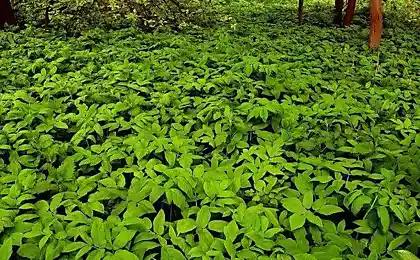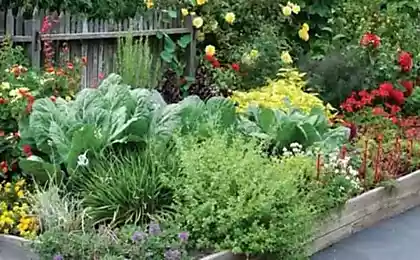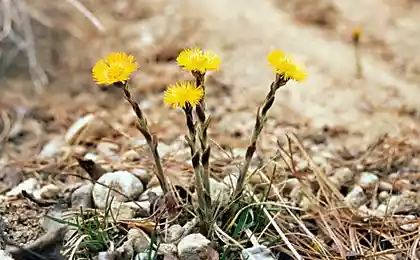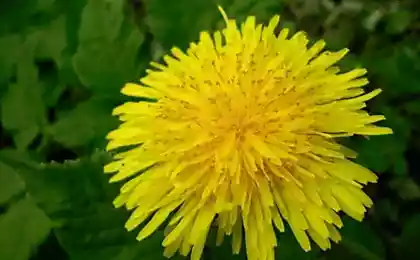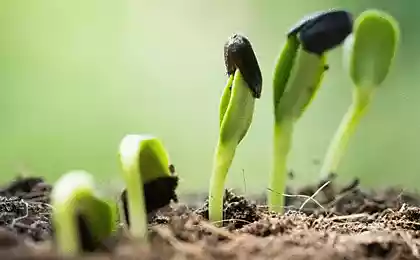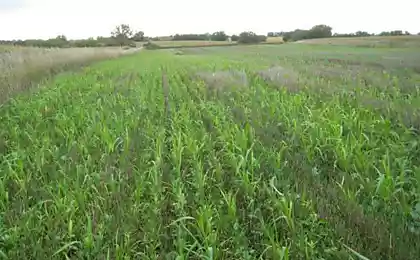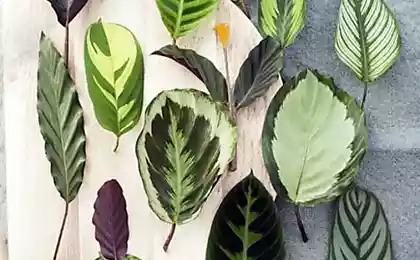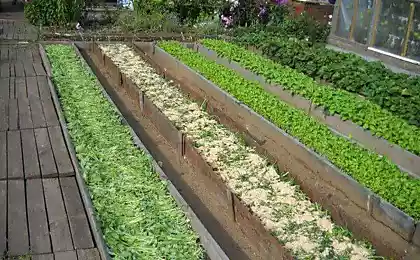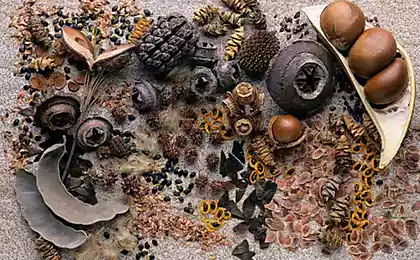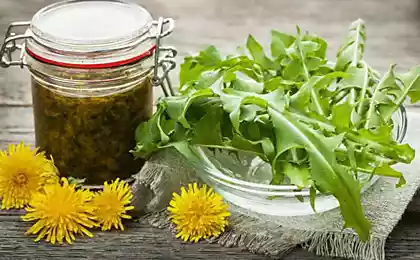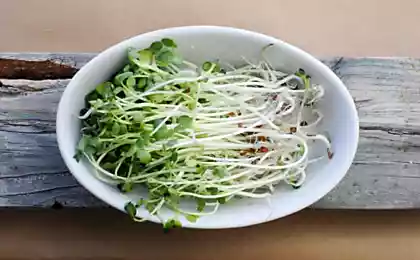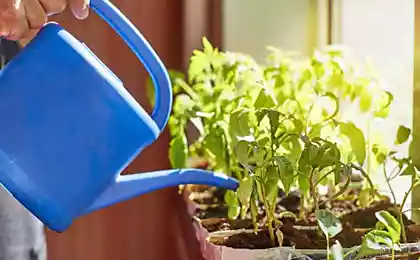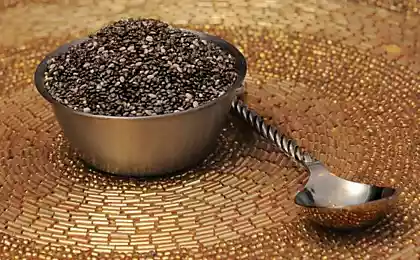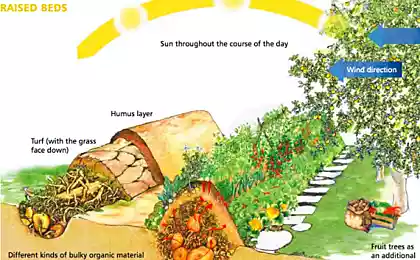167
Dandelion is worse than sleep, for which we do not like a vile plant.
Some specially grow dandelions for salads, tinctures and dry flowers. When it comes to exterminating these beneficial plants, it’s not that simple. Dandelions grow everywhere, they germinate through stones and love to grow in beds. Today we will tell you how to deal with dandelions on the site and whether it is possible to get rid of them forever.

The difficulty of getting rid of dandelions is that they are able to leave their seeds everywhere. Even if they are weeded, dandelions manage to spread their parachute seeds throughout the district. And dandelions have very tenacious roots. Despite the fact that the roots of flowers are fragile, they are very easily restored.

And if you do not remove the weed completely, very soon a new flower with leaves will grow from a small root left in the ground. So, to destroy plants on your site forever will not work. But you can reduce their numbers.
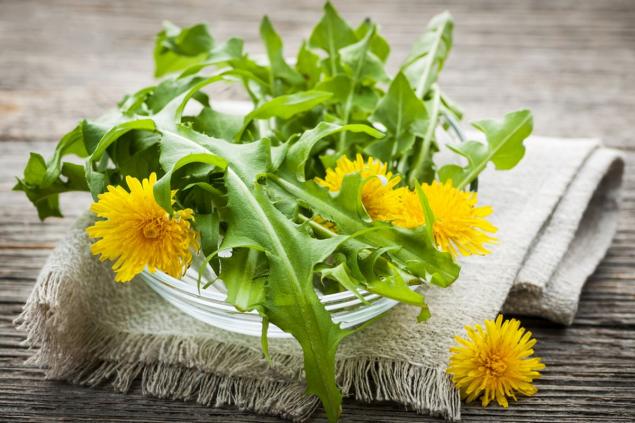
Most often, dandelions appear on acidified soil, which contains humus. If reduce soil acidityThe plant will weaken. While the plant grows, it is weak, so it is best to remove it at this time. But even if you remove the dandelions from your plot, their seeds will come from the next one, and hello again.

With a lawn mower or scythe, you can mow dandelions. This should be done as close to the ground as possible, so that the dandelion growth point is slightly above the ground. If it is not mowed, the restless dandelions will grow back. Mowing should be during the formation of dandelion buds, once or even twice a week. Never put dandelions in compost, because fertilizer will become a breeding ground for dandelions in the garden.
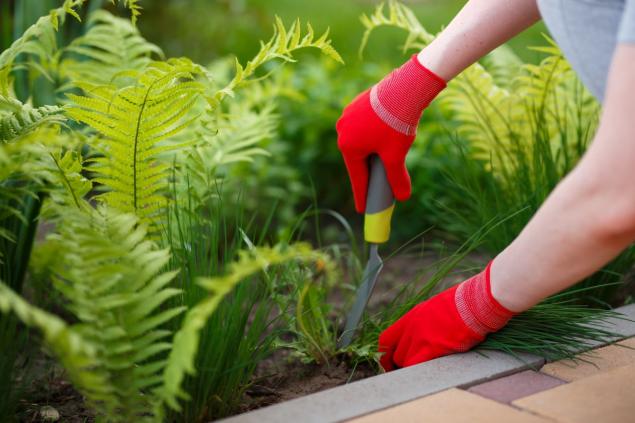
Better than a lawn mower, fighting dandelion digging. However, in large areas of land it takes a lot of strength. You can also mulch the soil with weeds. The growth should be closed with a dark film or mulches. This method is well suited for paths on a plot or wasteland where dandelions grow solid carpet.

Some gardeners use folk remedies to get rid of dandelions. For example, dilute vinegar with water in a ratio of 1: 1. Or just sprinkling the flowers with salt. How do you fight dandelions?

The difficulty of getting rid of dandelions is that they are able to leave their seeds everywhere. Even if they are weeded, dandelions manage to spread their parachute seeds throughout the district. And dandelions have very tenacious roots. Despite the fact that the roots of flowers are fragile, they are very easily restored.

And if you do not remove the weed completely, very soon a new flower with leaves will grow from a small root left in the ground. So, to destroy plants on your site forever will not work. But you can reduce their numbers.

Most often, dandelions appear on acidified soil, which contains humus. If reduce soil acidityThe plant will weaken. While the plant grows, it is weak, so it is best to remove it at this time. But even if you remove the dandelions from your plot, their seeds will come from the next one, and hello again.

With a lawn mower or scythe, you can mow dandelions. This should be done as close to the ground as possible, so that the dandelion growth point is slightly above the ground. If it is not mowed, the restless dandelions will grow back. Mowing should be during the formation of dandelion buds, once or even twice a week. Never put dandelions in compost, because fertilizer will become a breeding ground for dandelions in the garden.

Better than a lawn mower, fighting dandelion digging. However, in large areas of land it takes a lot of strength. You can also mulch the soil with weeds. The growth should be closed with a dark film or mulches. This method is well suited for paths on a plot or wasteland where dandelions grow solid carpet.

Some gardeners use folk remedies to get rid of dandelions. For example, dilute vinegar with water in a ratio of 1: 1. Or just sprinkling the flowers with salt. How do you fight dandelions?
If a person on a first date tells you how hard life is for him, run away.
Previously, it was rubbed between two stones, green Georgian adzhika with bitter pod pepper.
